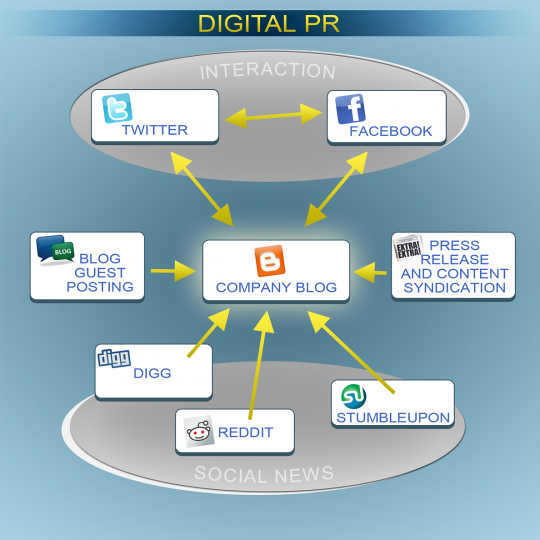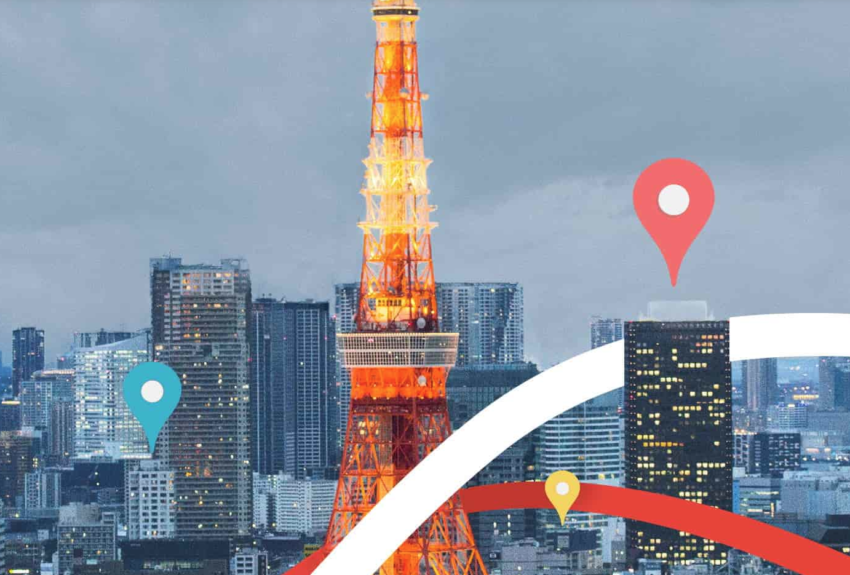With the growth of digital marketing and social media participation we’re now starting to see more and more PR agencies looking to online communities as a way of increasing their clients influence.
In my opinion a more organised and structured approach to social media can only be a good thing, used in the right way it can be a very powerful tool, however far too many companies are either not using it to its full advantage, or doing things badly and damaging their brand while isolating themselves from other social media users.
However that’s not to say that every PR agency jumping headfirst into Twitter and Facebook is doing a great job. I still see many agencies that don’t really have a full understanding of what they’re doing and why they’re doing it. Many cases tend to be client-led, with questions and requests for a social media strategy leading to hasty moves in order to win business and prevent existing clients from potentially looking elsewhere.
In our various dealings with agencies these are the topics that repeatedly seem to reappear…..
Content really does matter – Most Of Your Ideas Will Fail
- The quality of the content is the key to any social media strategy
- You can’t rely on contacts for success. There are no friendly journalists or editors that can swing a campaign with a well placed piece
- Okay, good and great don’t cut it, if you’re relying on people to see your content and pass it on then it needs to be amazing, fantastic or brilliant
- Let go of the brand – in many cases overuse of the client brand will turn a successful viral into blatant advertising that people have no inclination to pass-on.
- The trickle-down effect is key to a successful campaign, brilliant content seeded onto key blogs, Twitter accounts and other social news sites will explode onto other social sites, smaller blogs and media outlets without you having to do anything.
- Having said all of that, most of your great ideas will fail. There really is an element of being in the right place at the right time and taking advantage of any good fortune that comes your way.
It Isn’t ALL about Twitter
- Twitter at the moment tends to be used as a buzz-word for social media, desire to participate can often be driven by a CEOs 14 your-old daughter.
- There are other social sites that are just AS important
- Sites like Digg can potentially send far more traffic and is monitored constantly by journalists and influencers
- A well seeded and targeted story on a sites like Digg and Reddit can translate into national and international press
Understand Your Audience
- You need to understand not just who you’re talking to but why
- Is your or your clients Twitter account supposed to be speaking to potential clients, existing customers or journalists, bloggers and the media?
- Is Twitter and Facebook or Digg and Reddit the best way to connect with your linkerati?
- Spend some time understanding where your targets are communicating with each other. Any time spent on competitor intelligence is worthwhile, but bear in mind they might not have got things right themselves.
Don’t Use Channels In Isolation, Look At The Bigger Picture
- If you’re just using one social media network in isolation then you’re almost certainly underperforming
- It’s usually a good idea to create a blog or news section on your client site and then use this as a ‘hub’ for all of their social media activity
- Cross-promote your different networks, you’ll find that users will sign-up for other networks as well as the one they arrived from
It’s Not Just About What You Say But How You Say It
- Syndicating content isn’t just about pushing a release through a network like PRWeb, if only things were that easy!
- Draw up a list of targets for each release – blogs, news sites, media outlets, find their contact details and contact them directly as you would with any offline story.
- Have some idea of the potential ‘influence’ of each target, record metrics such as domain authority, Compete rank, Technorati ranking, and look at the number of comments each article receives. The idea being you can then identify the top sites in a given vertical and prioritise where you focus your efforts. Remember if you can gain coverage on the larger sites the smaller ones tend to follow.
It’s All About Measurement And Metrics
- The real advantage of being online is that everything is trackable. You can gain insight into where visitors arrived from, how long they spend on the site and where they move onto.
- Use this data to understand which elements of your activity work and which ones don’t
- Sign-up to a reputation monitoring service to track brand mentions online, you’ll almost certainly miss posts, mentions and articles if you don’t.
- Have a clear plan as to which metrics are important and make sure you track them – visits, views, contacts, sales, comments, signups, links gained, search engine rankings can all be influenced by your activity – track it and report it.
Remember You Have No Control
- Always remember you have no control over how things are passed-on and how they’re being received
- Things aren’t always ‘on-brand’ – remember people pass things on because they like them, not because they help you or your clients
- Be ready to react and respond directly to questions, be honest and professional at all times






